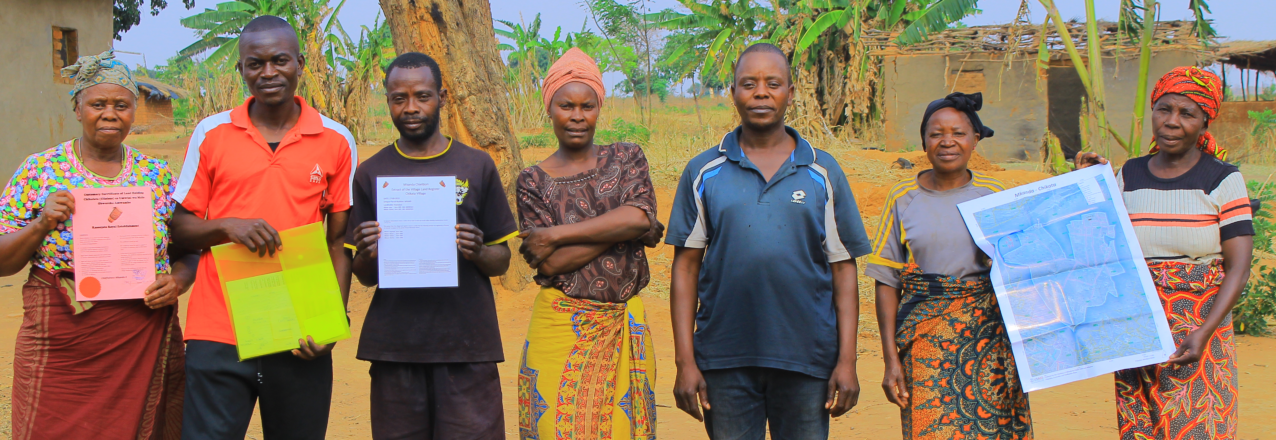Owning land is a powerful pathway to improved economic opportunity and livelihoods, wellbeing, and self-reliance in developing countries. Although women play a critical role in food production, they are less likely than men to own, inherit, and control land and natural resources, which limits their economic empowerment and increases their vulnerability to gender-based violence. The Integrated Land and Resource Governance (ILRG) program supports USAID missions to implement activities that improve land rights, support inclusive land and resource governance, build resilient livelihoods, and promote women’s economic empowerment. Through a partnership between USAID’s Gender Equality and Women’s Empowerment Hub and the Land and Resource Governance Division, ILRG is working with governments, civil society organizations, local communities, and the private sector to strengthen women’s land tenure security, inheritance rights, and decision-making power over land and natural resources in Ghana, India, Malawi, Mozambique, and Zambia. By removing barriers to women’s ownership and management of property and resources, ILRG is directly addressing critical domains of women’s economic empowerment, including women’s agency and leadership; economic opportunities; access to markets, networks, and finance; and harmful gender norms.
Key Achievements on women’s land rights (2019 – 2020)
- Over 26,000 women had their land rights documented, including 4,558 women in Mozambique and 22,254 in Zambia, representing 68% of all land rights documented by ILRG in Mozambique and 48% in Zambia.
- Over 3,000 women accessed resources and benefits related to secure land rights, such as credit, agricultural training, and livelihoods opportunities.
- 500 women received agronomy training in India for the first time and a land leasing pilot enabled women’s groups to enter the PepsiCo potato supply chain. This pilot in West Bengal is the foundation for USAID’s Global Development Alliance with PepsiCo, which is making the business case to scale women’s economic empowerment approaches throughout its agricultural supply chains around the world.
- Six private sector partnerships to support gender-responsive land investment and women’s economic empowerment: with PepsiCo in India, Ecom Agroindustrial in Ghana, MFinance in Zambia, and Green Resources AS, Novo Madal, and Portucel in Mozambique.
- Women’s land rights promoted in the documentation of both state and customary land in Zambia through partnerships with the Ministry of Lands and Natural Resources and the House of Chiefs, which adopted national Gender Guidelines to strengthen traditional leaders’ governance capacity.
- Women’s representation as leaders on community resources boards in four chiefdoms in Zambia increased to 23 percent (from 5 percent after the previous election), improving women’s meaningful participation in local natural resource governance.
New knowledge and evidence published, such as gender assessments, outcomes and lessons learned briefs/reports, and advocacy tools like blog posts on women’s inheritance rights, gender equality in the wildlife sector, women’s land leasing, empowering women farmers, and gender-based violence in land documentation.


